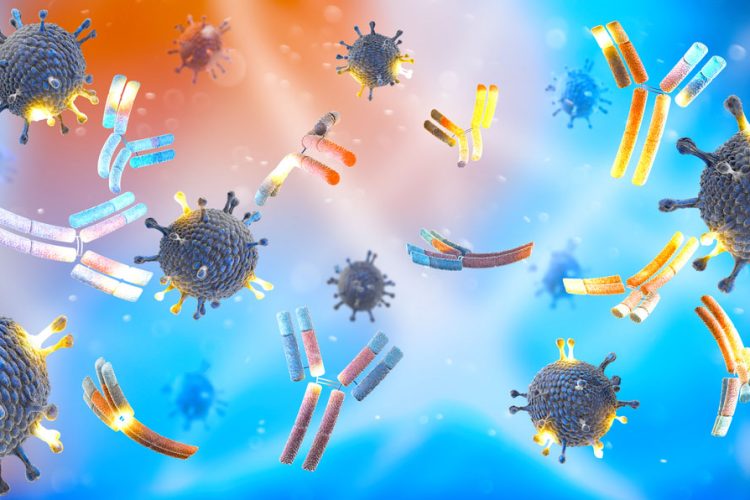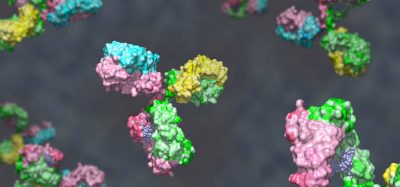Experimental mAbs show promise against Epstein-Barr virus
Posted: 31 October 2022 | Izzy Wood (Drug Target Review) | No comments yet
Researchers find monoclonal antibodies provided nearly complete protection against EBV infection and lymphoma when tested in mice.


Researchers from National Institute of Allergy and Infectious Diseases (NIAID), in collaboration with researchers from Walter Reed Army Institute of Research, US, investigated a panel of monoclonal antibodies (mAbs) targeting different sites of the Epstein-Barr virus (EBV). They were tested in human cells in a laboratory setting, with the results published in the journal Immunity.
The mAbs blocked infection in the human cells, and even one of the experimental mAbs provided nearly complete protection against EBV infection and lymphoma when tested in mice.
EBV is one of the most common human viruses. After an infection, the virus becomes dormant in the body but may reactivate in some cases.
Reduce preclinical failures with smarter off-target profiling
24 September 2025 | 15:00PM BST | FREE Webinar
Join this webinar to hear from Dr Emilie Desfosses as she shares insights into how in vitro and in silico methods can support more informed, human-relevant safety decisions -especially as ethical and regulatory changes continue to reshape preclinical research.
What you’ll learn:
- Approaches for prioritizing follow-up studies and refining risk mitigation strategies
- How to interpret hit profiles from binding and functional assays
- Strategies for identifying organ systems at risk based on target activity modulation
- How to use visualization tools to assess safety margins and compare compound profiles
Register Now – It’s Free!
It is the primary cause of infectious mononucleosis and is associated with certain cancers, including Hodgkin lymphoma, and autoimmune diseases, such as multiple sclerosis. People with weakened immune systems are more likely than immunocompetent people, to develop severe symptoms and complications from EBV infection.
The researchers developed several investigational mAbs that targeted two key proteins: gH and gL. The two proteins facilitate EBV fusion with human cells and cause infection. When tested in the laboratory setting, the investigational mAbs prevented EBV infection of human B cells and epithelial cells,which line the throat at the initial site of EBV infection.
By analysing the structure of the mAbs and their two surface proteins using X-ray crystallography and advanced microscopy, the researchers identified multiple sites of vulnerability on the virus to target. When tested in mice, one of the experimental mAbs (mAb 769B10) provided almost complete protection against EBV infection when given. The mAb also protected all mice tested from EBV lymphoma.
Currently, there is no licensed vaccine to protect against the virus. Yet, the findings highlight viable EBV vaccine targets and the potential for experimental mAbs to be used alone or in combination to treat EBV infection in immunocompromised patients. The researchers note that they have planned further research with mAb 769B10.
Related topics
Antibody Discovery, Disease Research, Microscopy, Monoclonal Antibody, Targets
Related conditions
Epstein-Barr virus (EBV)
Related organisations
National Institute of Allergy and Infectious Diseases, Walter Reed Army Institute of Research








